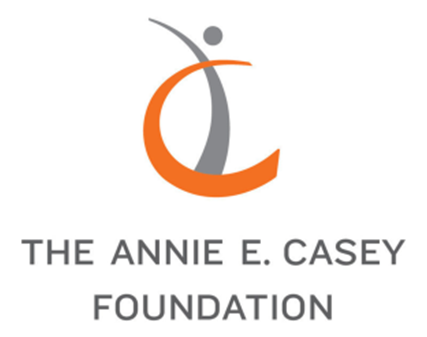As part of an increased focus on teens and young adults, the KIDS COUNT® Data Center has added a suite of data on the health and well-being of youth ages 14 to 24. The dataset contains more than 60 indicators on topics ranging from employment, poverty and education to health, mental health, and family and community factors. Many of these indicators are available by race and ethnicity or family nativity, as well, highlighting enduring inequities for youth of color.
This important addition to the KIDS COUNT Data Center comes at a time when the effects of the COVID-19 pandemic threaten to undercut the last decade of economic and academic gains made by youth in America, even though the pre-pandemic progress was uneven across demographic groups and regions. It also comes at a time when youth mental health is reaching a crisis point. Prior to the pandemic, millions of young people already were struggling with mental health issues, such as anxiety, depression and feelings of hopelessness, and recent data indicate that the last two years have exacerbated these challenges for teens and young adults.
To help advocates, policymakers, service providers and others understand how youth experiences vary in different regions of the country, the KIDS COUNT data are provided by state and, when available, by territory, city and congressional district.

